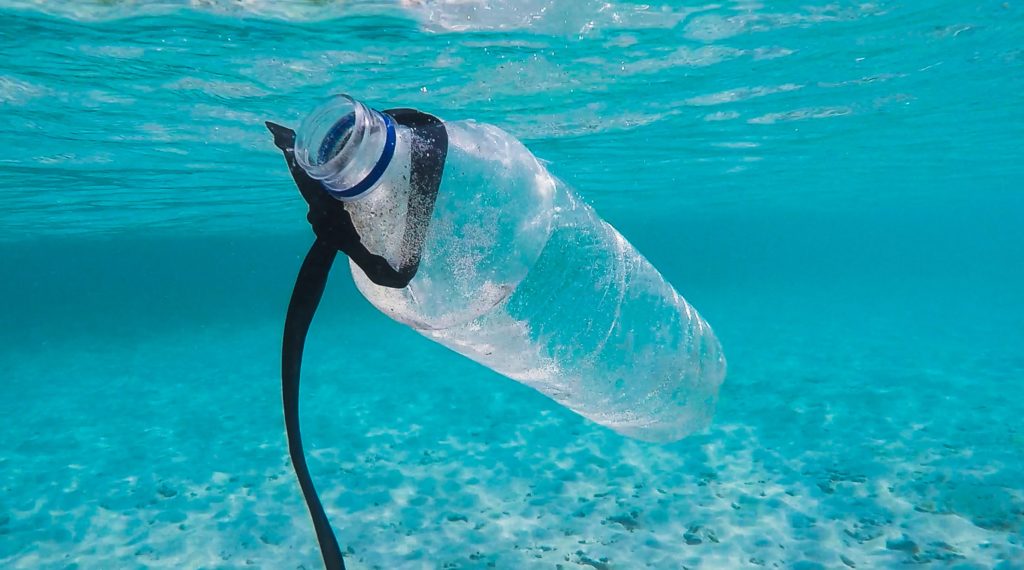Pollution is having a severe, destructive effect on the world’s oceans.
You have probably learned in school that more than 70% of the Earth is water. Ninety-seven percent of that is made up of the global oceans. Though this continuous body of saltwater is divided into distinct regions for geographical terms and convenience, they cover most of the planet’s surface area.
Because the average person does not get to see the middle of the ocean, people get the impression that it is pristine and clean. When people think of the ocean, they picture an unending stretch of water and waves. The truth is that the global ocean has also suffered from man’s carelessness and disregard for the environment.
Ocean Pollution
Just how polluted is the global ocean? Here are some facts:
- Although oil spills generate headlines since they show severe instances of pollution, the truth is that they only make up 12% of ocean pollution. The vast majority of petroleum pollution in the seas comes from the runoffs from the land.
- We are dumping 8 million metric tons (15 trucks every minute) of plastic into the oceans each year. That would be the equivalent in weight of more than 50,000 blue whales. At this rate, the plastics in the oceans would outweigh the sea life by 2050.
- There is so much debris and garbage in the oceans that they have formed large patches. There are five of those patches, and the biggest, known as the Great Pacific Garbage Patch, is double the size of Texas in terms of area covered.
- The plastics found in the ocean pose another threat. Once they break down into smaller particles known as microplastics, they can enter the food chain and eventually cause harm to human health.
- Overall, 80% of all the plastic pollution in the ocean comes from just 20 countries, with China and Indonesia in the top two spots.
- Synthetic microfibers found in our laundry detergents may be small, but they still find their way to the ocean.
- Chemical fertilizers can also cause harm. For example, nitrogen can enhance the growth of algae, which can then kill sea life over a vast area.
- Noise pollution in the seas can be a problem too. The noise generated by ships in the ocean can damage the bodies of sensitive creatures like jellyfish, which serve as food for other sea life.
Those are just some of the pollution problems in our oceans.
Can We Clean the Ocean?
Can we actually clean the ocean of all pollution?. The problems listed above sound overwhelming, but YES, we can still help reduce pollution to dramatic levels.
There are plenty of initiatives now that aim at cleaning up the pollution in the ocean.
There are technologies being developed that can harness the natural movement of the ocean to help remove the debris. There are also machines being tested, which can go out and start collecting garbage in the open seas.
What We Can Do
You don’t have to go to the middle of the ocean to help fight the pollution there. You can certainly take action and here are some of those moves you can do:
Reduce Your Use of Plastics
Most of the plastics that end up in the ocean are from consumers. Your small contribution may not seem like much, but it’s a start. For instance, you can stop using disposable spoons and forks but bring the eco-friendly types instead.
Businesses Should Be Held Accountable for Their Use of Plastics
Find out which companies and businesses are using too much plastic and express your concerns. Most times, these businesses would be receptive to feedback.
Consider Your Own Use of Harmful Products
You need to be conscious of the chemicals that you use in your garden and your household. As much as possible, avoid using those that are too harsh because they can end up being washed away into the ocean.
Volunteer
Volunteer for clean up drives whenever you can. Small gestures like that have an effect that is greater than the immediate cleanup. It can help inspire others to do the same.
If you have been using the BIDI® Stick, chances are you know about its recycling program. Nonetheless, Bidi Vapor, maker of the BIDI® Stick, came up with the BIDI® Cares initiative that advocates the recycling of authentic BIDI® Sticks.
Click here to learn more.

